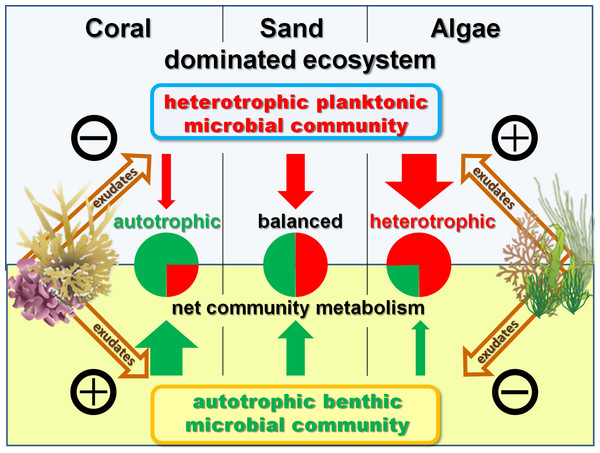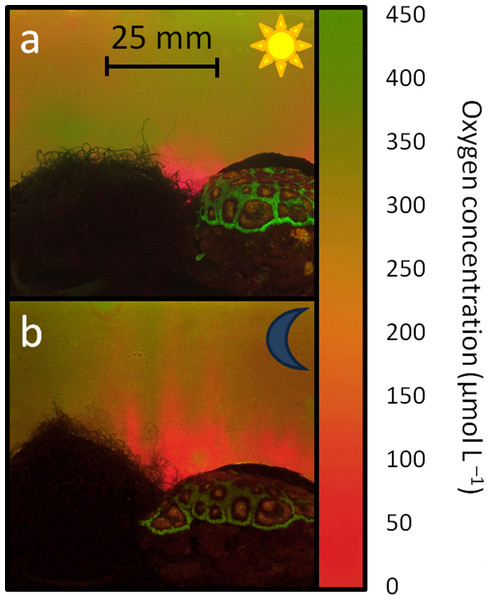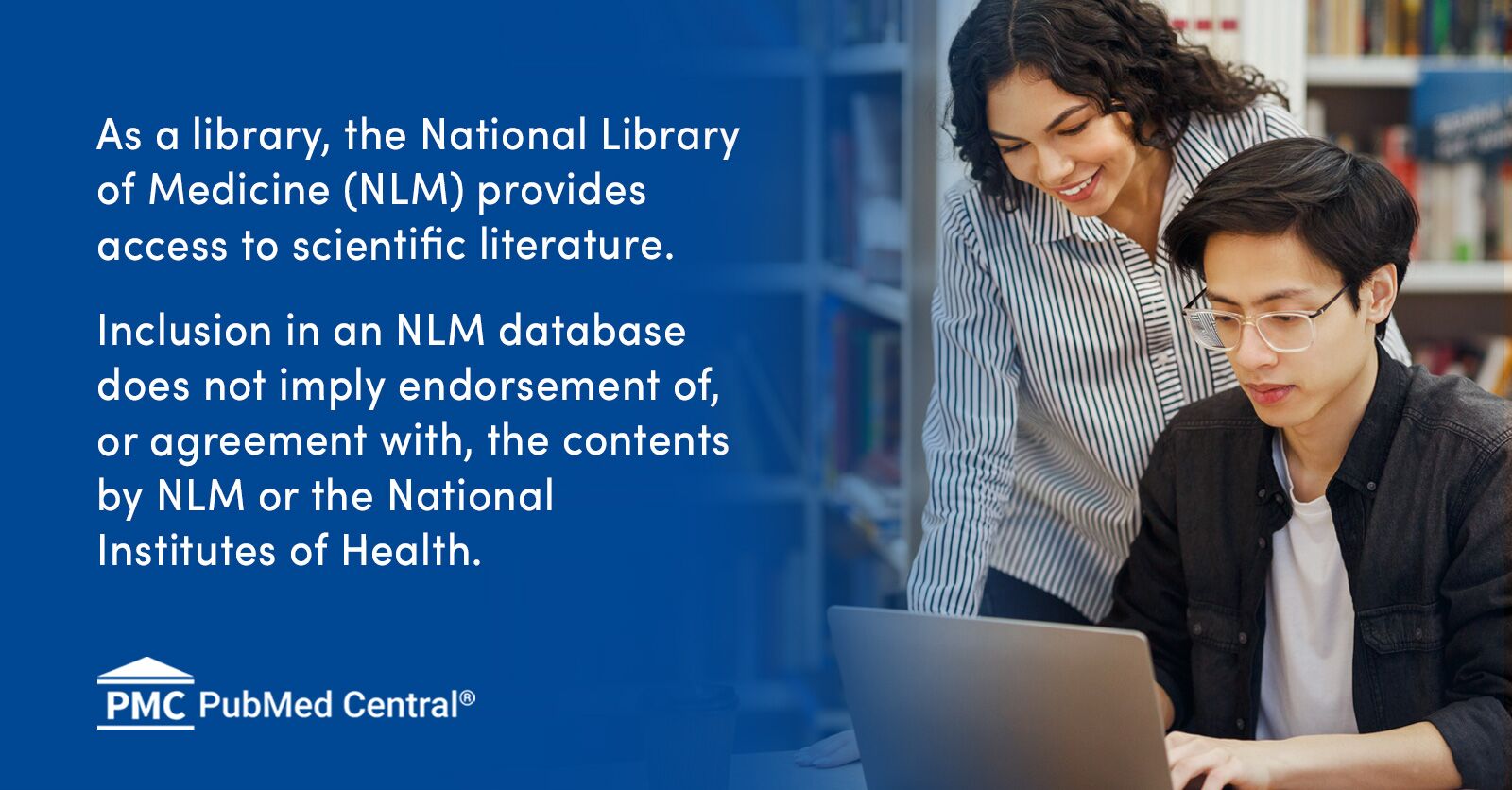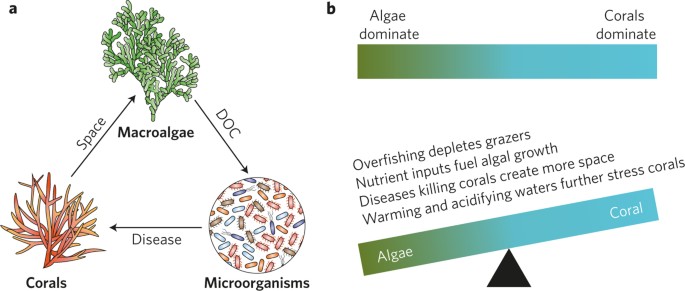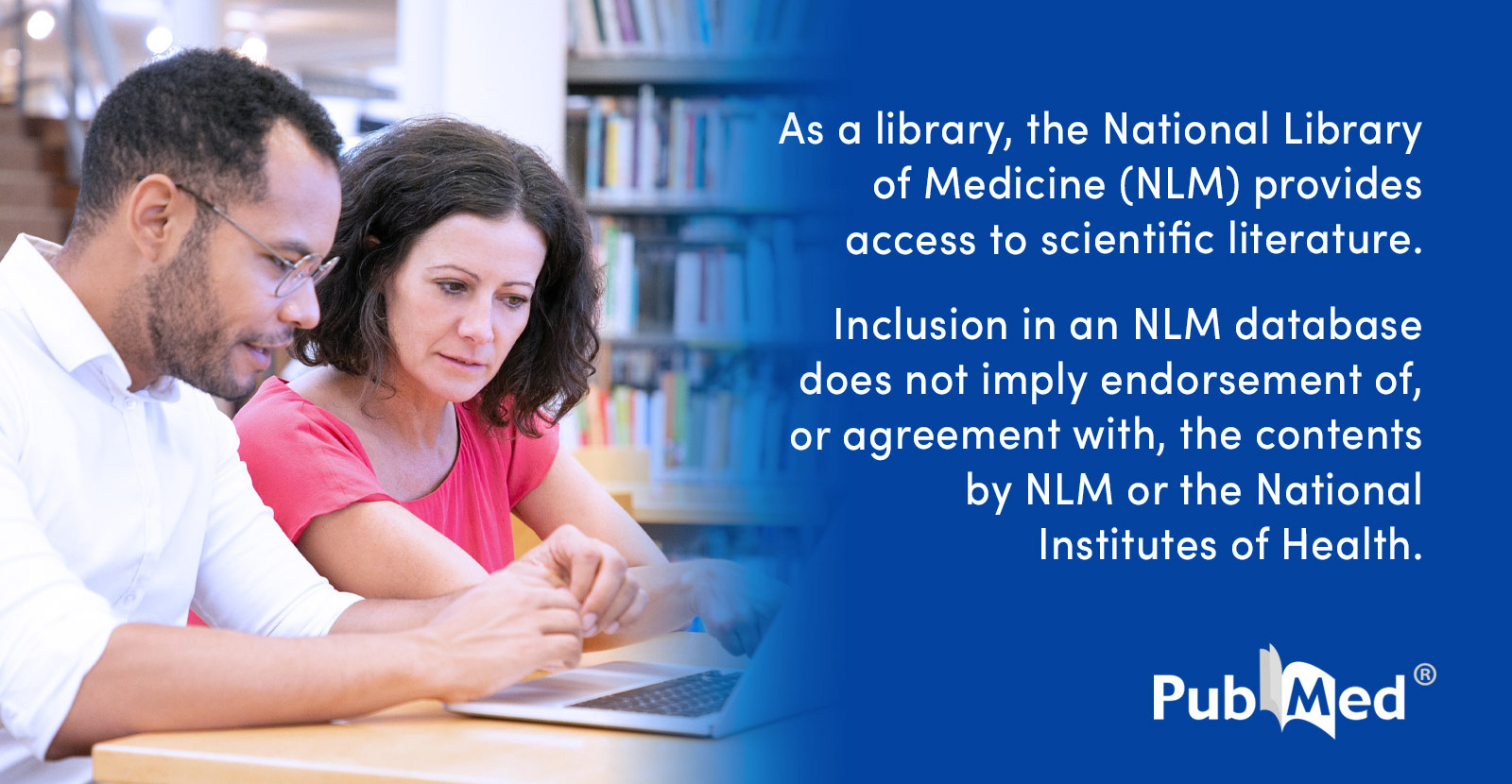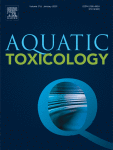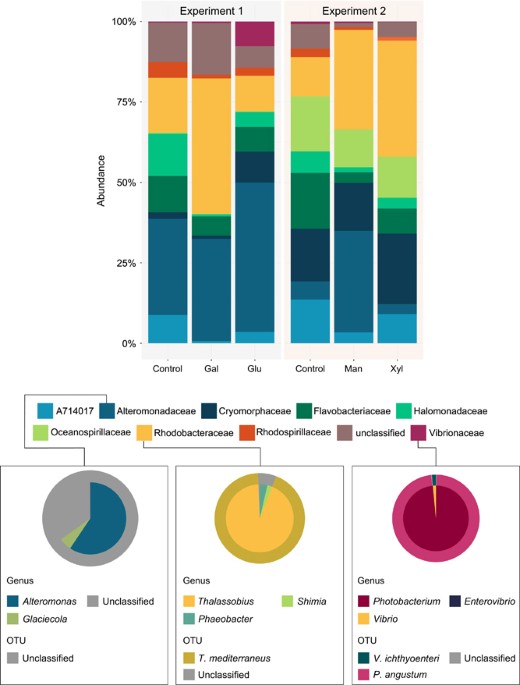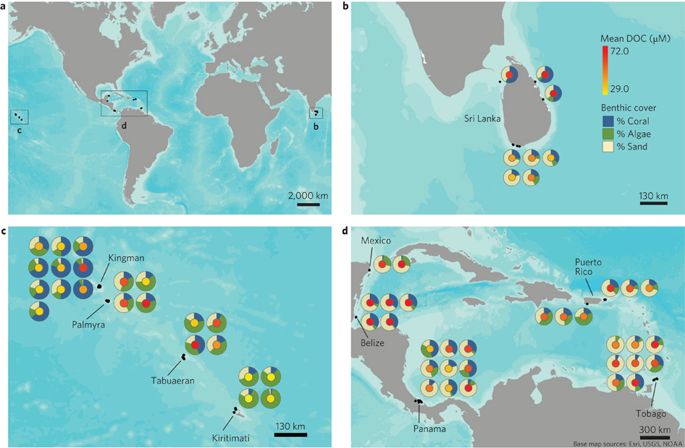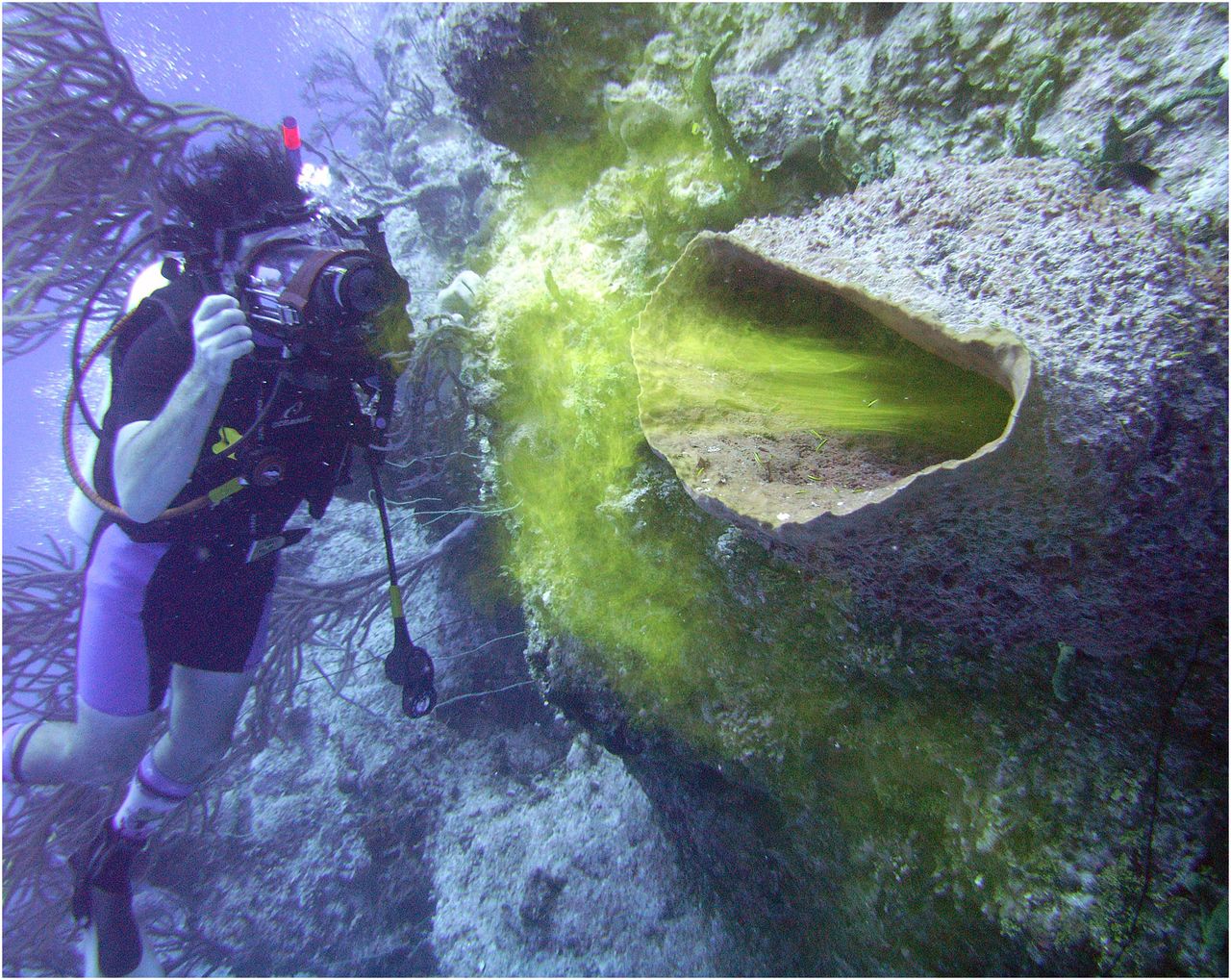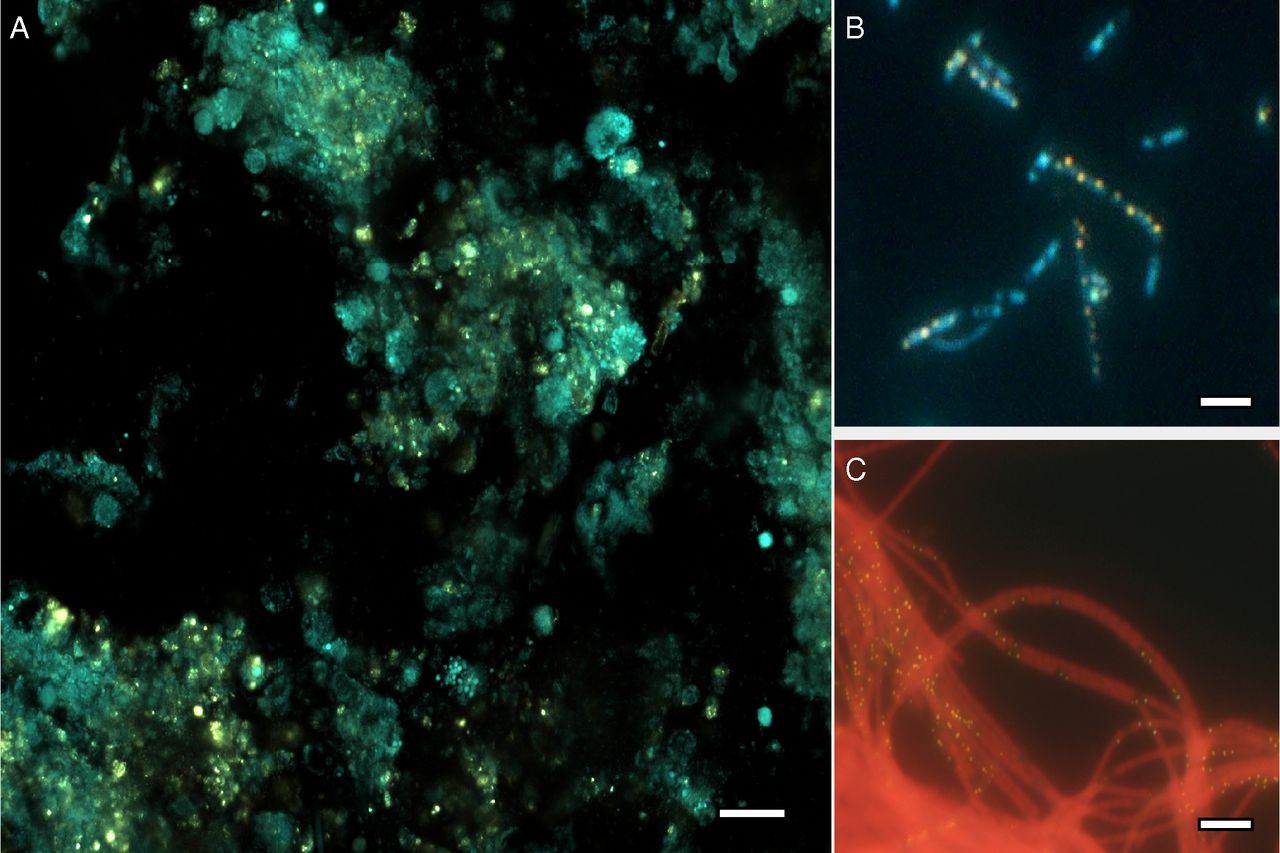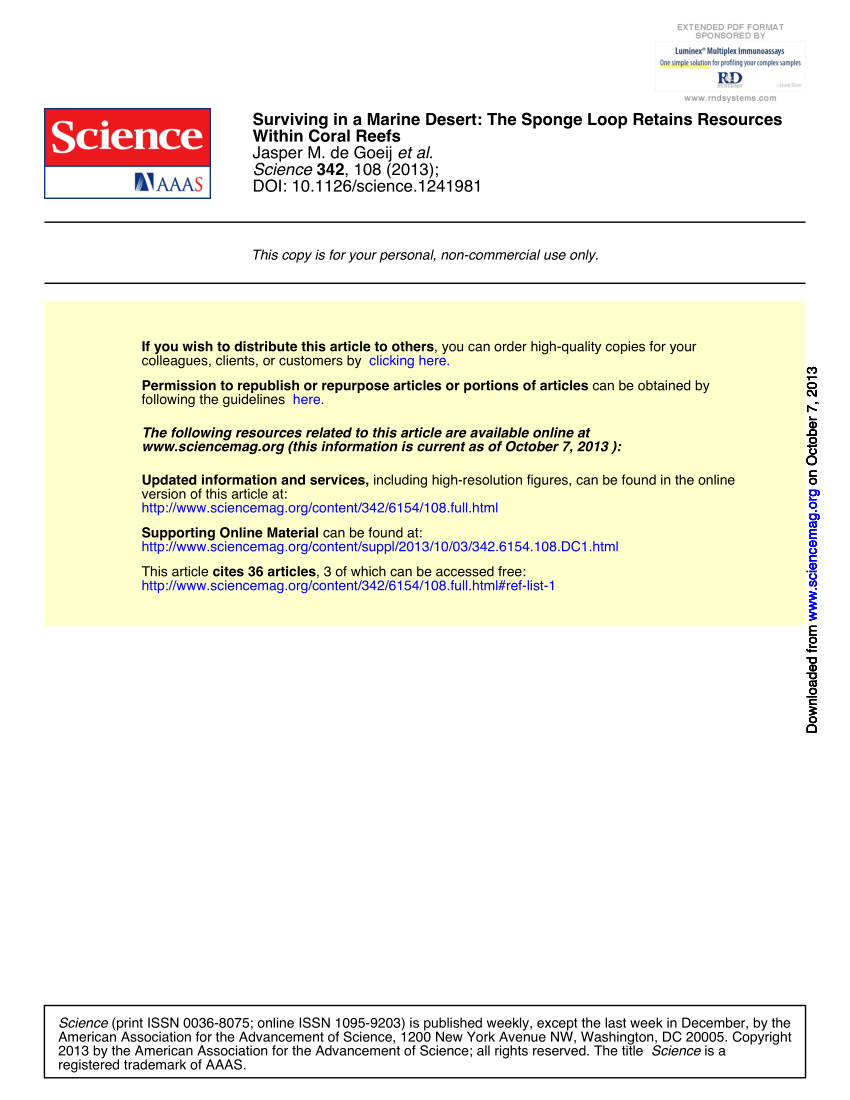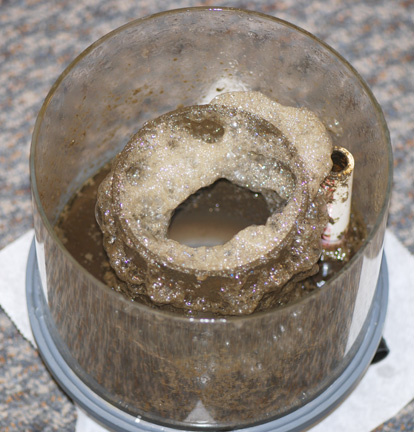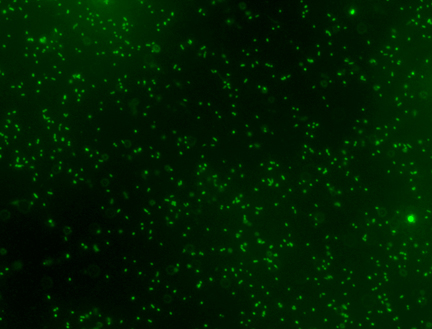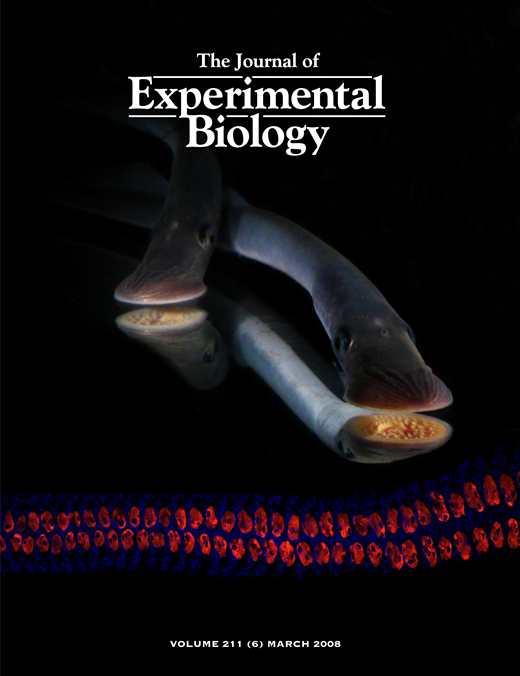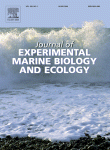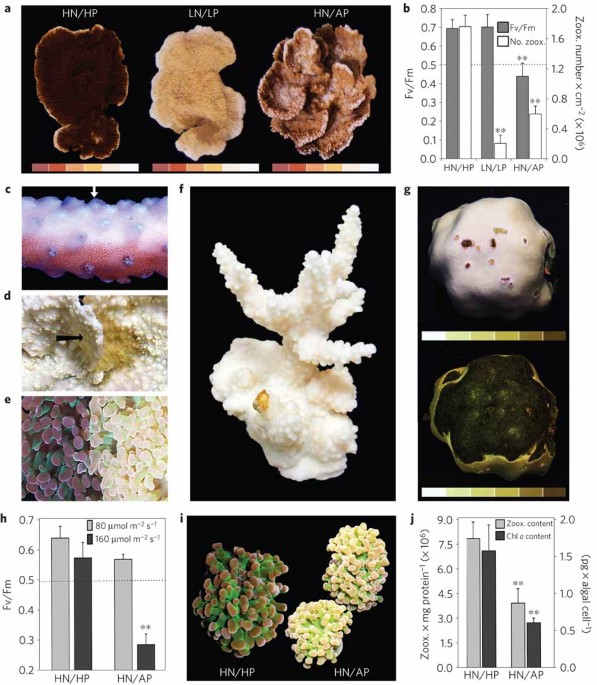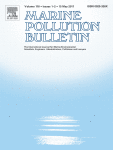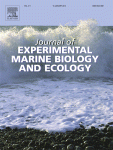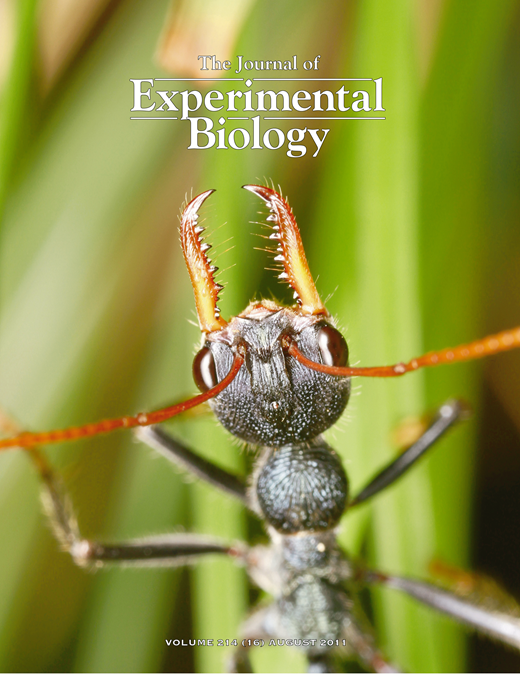Hey all. I’m a guy with a science (biochemist/cell biologist) background and I’ve been reefing with a pretty minimalist system for quite a while now. That said, I’ve finally got the resources to do a custom build 250 gal before I move for work, and my question is this.
I’m sure peer reviewed stuff for our hobby is out there. @Humblefish , @randyBRS , and @Randy Holmes-Farley mention studies in their advice but I don’t usually see the references.
Where do you guys get your science from? Any good newer books out there like The Conscientious Marine Aquarist? I want to add bells and whistles to my new tank but I want to make sure they will add QOL to my system. Thanks a ton!
(by the by minimalist is my moderately stocked 125 mixed reef with good LEDs, skimmer, filter pads and religious water changes.)
I’m sure peer reviewed stuff for our hobby is out there. @Humblefish , @randyBRS , and @Randy Holmes-Farley mention studies in their advice but I don’t usually see the references.
Where do you guys get your science from? Any good newer books out there like The Conscientious Marine Aquarist? I want to add bells and whistles to my new tank but I want to make sure they will add QOL to my system. Thanks a ton!
(by the by minimalist is my moderately stocked 125 mixed reef with good LEDs, skimmer, filter pads and religious water changes.)
Last edited:








